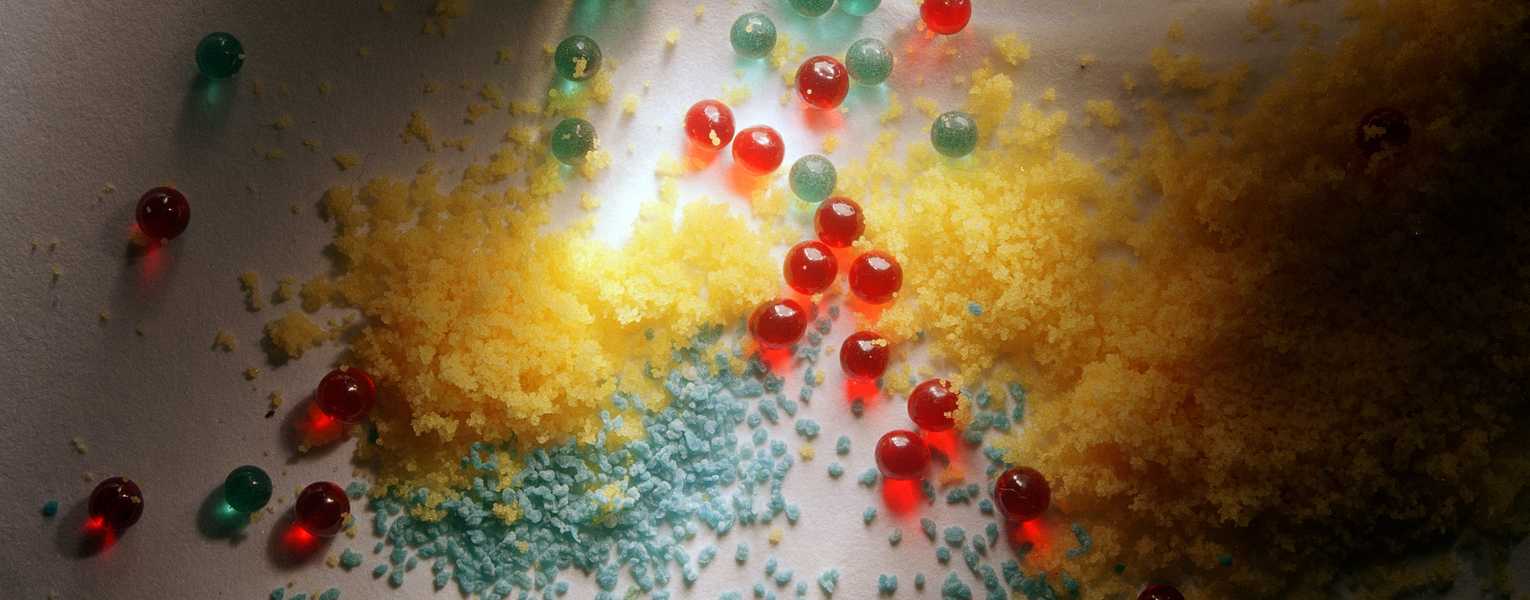Nanocapsules can be used in combination with other microencapsulation methods to provide new release characteristics. Our scientists work extensively with a number of nanoencapsulation techniques to produce nanosized particles and capsules that address the high performance needs of many applications.
Nanoencapsulation Techniques
SwRI staff routinely use the following nanoencapsulation techniques:
- Micelles
- Liposomes and polymersomes
- Phase inversion/precipitation
- Solvent evaporation
- Polyelectrolyte complexes
- Layer-by-layer deposition
- Controlled precipitation
- Surfactant-free particle formation
- Templating
- Molecular encapsulation
Liposomal Drug Delivery
We specialize in liposomal drug delivery techniques and liposomal drug formulation. Contact us to learn more or visit these services:
Nanoencapsulation Applications
- Protein, DNA and RNA stabilization
- Small molecule delivery
- Extending circulatory half-life
- Modifying drug transport
- Clear liquid formulations
- Stable colloid dispersions
- Controlled release
- Targeted delivery
- Triggered release
Characteristics of Nanoencapsulation
- Particle sizes from 10nm
- Tunable colloid properties
- Chemically functionalized surfaces
- Hydrophobic or hydrophilic payloads
- Low payloads
- Organic or inorganic compositions
- High surface area particles

